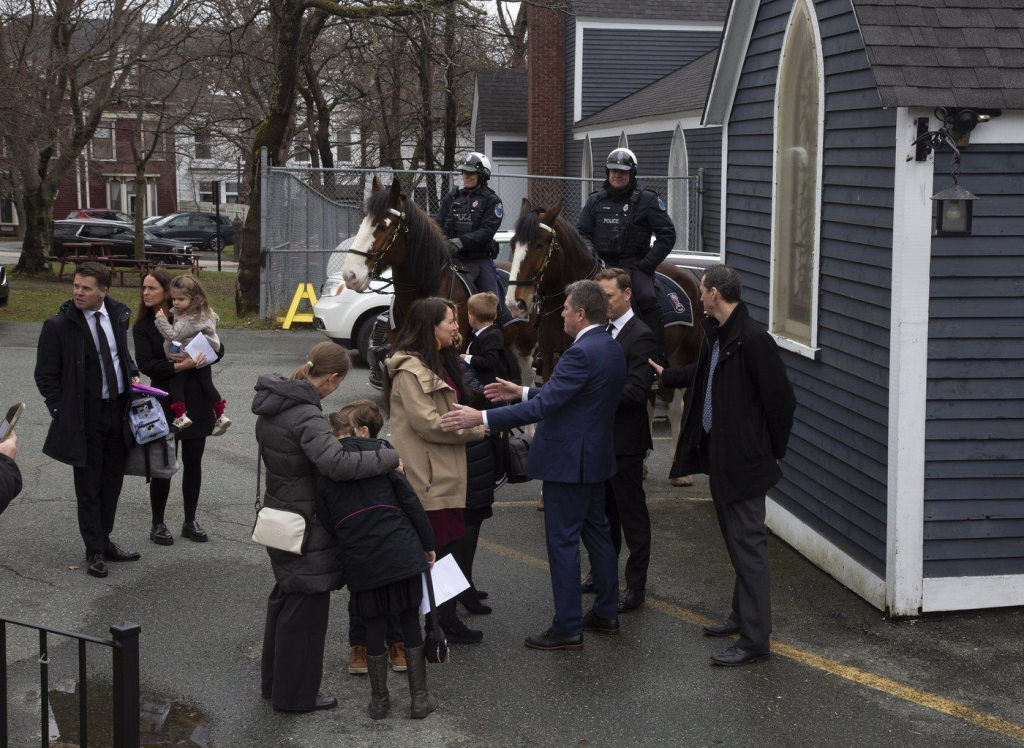Edmonton looking at new ways to manage homeless encampments
Posted April 11, 2023 7:17 pm.
Last Updated April 12, 2023 9:24 am.
The City of Edmonton’s Community and Public Services Committee met Tuesday to discuss the encampment and unsheltered homelessness response plan, presented to them by city administration.
The number of people in Edmonton experiencing homelessness has doubled since the beginning of the pandemic, and complaints about homeless encampments have also skyrocketed – rising more than 1,000 per cent between 2016 and 2022.
The city is looking at new ways to handle homeless encampments, wanting to make them as safe as possible, but Coun. Aaron Paquette says dismantling encampments only causes more problems than it solves.
“We spend enormous sums of money just dealing with encampments and breaking them up and the aftermath. And in that process, folks who are trying to get help, suddenly they are displaced, you can’t find them. And so they have to start from square one. They are calling themselves ‘recycled people,’” he said.
Chris Wiebe spoke for the Criminal Trial Lawyers’ Association Policing Committee. He stresses encampments should not be dismantled when there is insufficient housing and shelter for all unhoused Edmontonians.
“There’s been recent court decisions in BC and Ontario that have held that displacing encampments at a time when there is inadequate, accessible shelter space is an infringement of people’s rights under section 7 of the charter to security of the person,” said Wiebe.
“It is immoral policy to continue the “whack-a-mole” displacement policy of clearing encampments while there is insufficient housing and shelter for all unhoused Edmontonians. This policy is also ineffective at improving safety and community standards, as it only displaces people (hence “whack-a-mole”), and does nothing to reduce encampments.”
Weibe says if the city does continue to clear encampments, he recommends peace officers give multiple days’ notice to those who are being displaced.
The city says it takes about two months to get someone out of a tent and into a home, and even longer for individuals with addiction, mental health issues or trauma. The new response plan aims to speed up the process to get people off Edmonton streets.
Edmonton’s mayor, Amarjeet Sohi says ending homelessness is possible, but the city needs the provincial government to step up.
“We’re talking about 3,000 people. We’re talking about 3,000 or less supportive housing units, it doesn’t cost a whole lot of money. But the cost to businesses, the cost of healthcare, the cost for correctional facilities, the cost for policing is much, much higher. It costs less to house a person that to manage houselessness. So solutions are there.”
The city says 644 units of supportive housing have been created over the last 4 years, and plans to house 100 people from encampments as a learning exercise, for a more efficient and targeted approach to the housing process.
However, Paquette is concerned about a ‘huge gap’ between living on the street and finding housing.
“And that gap is where we lose everyone and where we pour a lot of money,” he explains. “If we can fill that gap with something that works, not only do we save lives but we save dollars.”
In a statement to CityNews, the province says it is committed to helping the homeless community get help through housing. The government also points to $187 million in increased supports announced last year.
“These investments are ensuring that emergency shelter space is available for those who need it,” said Hunter Baril, the press secretary for the office of the minister of seniors, community and social services. “Over the past week in Edmonton, we have averaged 78 per cent occupancy in homeless shelters throughout the city.
“We are focused on housing as a critical support, which is why we are providing over $1 billion over three years to invest in affordable housing. Last month, we were proud to announce $120 million in shovel-ready projects, adding nearly 1,100 new affordable housing units into the province.”








